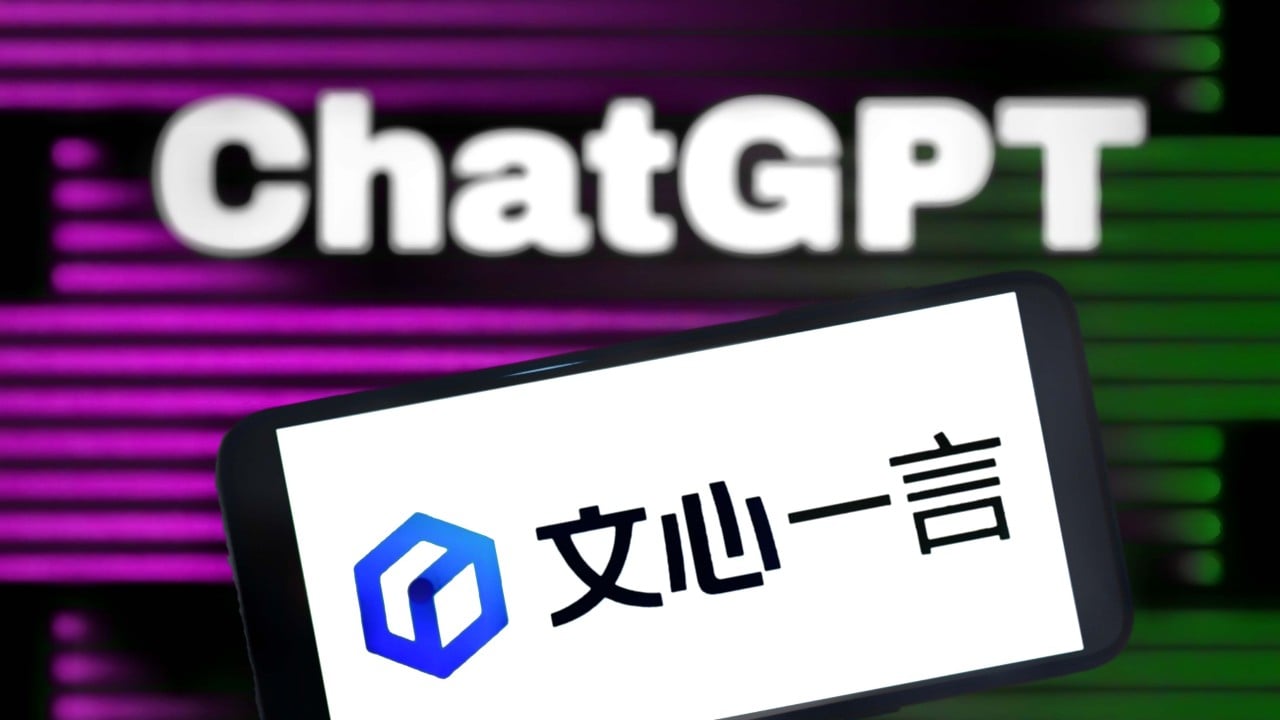
Microsoft asks China-based AI workers to move overseas amid rising US-China tensions in advanced technology
- Microsoft is asking employees in China to move to several designated locations, including those in the US and Australia, sources say
- As AI has become a flashpoint in the US-China tech war, Microsoft has stopped hiring in China, according to a person familiar with the matter
The employees, including those from the Azure cloud computing team who were notified earlier this week, must make a decision by June 7. They can stay on with the China team if they decide not to relocate, one person said.
However, Microsoft has stopped hiring in China, according to one of the people, so there will not be new job openings. The Redmond, Washington-based tech giant has offices in Beijing, Shanghai and Suzhou, in eastern Jiangsu province.
“Providing internal opportunities is a regular part of managing our global business. As part of this process, we shared an optional internal transfer opportunity with a subset of employees,” Microsoft said in a statement. “We remain committed to the region and will continue to operate in this and other markets where we have a presence.”
Microsoft is making the offer to 700 to 800 people, mostly those working on machine learning, The Wall Street Journal reported, citing people familiar with the matter.
The tech firm told the state-run newspaper China Daily that the relocation programme affects “a small number of employees in China” who will “have the opportunity to choose international rotations”. Those who stay in China “can continue in their current positions”.
The decision follows a move last year to relocate some of its top AI researchers from China to a new research lab in Vancouver, Canada, according to a report by the Financial Times. Microsoft said then that the new Vancouver lab would be staffed by researchers from offices worldwide, including China.
The relocations come as Microsoft is betting big on AI. It is the biggest backer of ChatGPT maker OpenAI, and it uses the start-up’s tech in its Copilot tool that the tech firm is integrating into a slew of products from office apps to coding utilities. But the rapidly advancing technology has become a flashpoint in the US-China tech war.
Relocating AI personnel shows “the impact of the geopolitical tension between the US and China is being transmitted from the national level to the corporate level”, said Beijing-based think tank Ambound, adding that China needs to think long-term about “talent cultivation and retention”.



